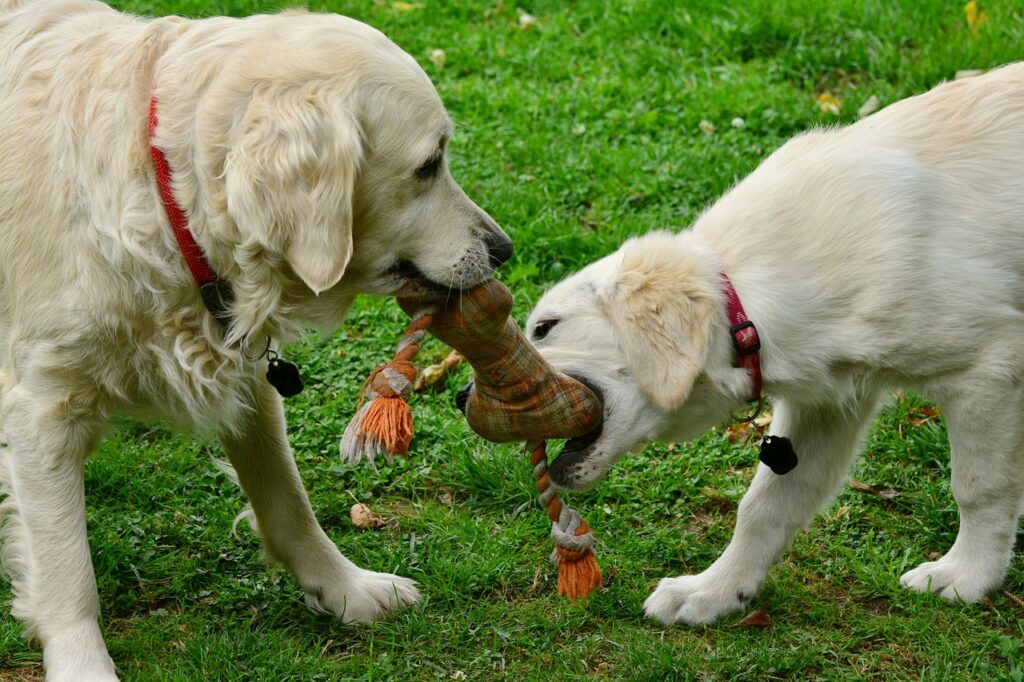Crucial Pointers for Dog Smartly-being:
Owning a dog is a joyous experience that brings unconditional love and companionship into your life. However, it also comes with a set of responsibilities that are crucial for the well-being of your furry friend. From nutrition to exercise, and from grooming to regular vet visits, there are several aspects that contribute to a dog’s overall health and happiness. In this blog post, we will unveil the keys to a wholesome canine life, providing you with crucial pointers for dog well-being.
Nutrition: The Building Blocks of Health
Quality Food
The first step towards a healthy dog is proper nutrition. Always opt for high-quality dog food that is appropriate for your dog’s age, size, and health conditions. Look for foods that list meat as the first ingredient and avoid those with fillers like corn or soy.
Portion Control
Overfeeding can lead to obesity, which is a growing concern among pets. Use a measuring cup and follow the guidelines on the dog food package, adjusting as necessary based on your dog’s activity level.
Fresh Water
Always provide fresh, clean water for your dog. Dehydration can lead to serious health issues, so make sure your dog has constant access to water, especially during hot weather.
Exercise: The Key to Physical and Mental Health
Regular Walks
A sedentary lifestyle can lead to various health problems in dogs, just like in humans. Make sure to take your dog for walks at least once a day, more if you have an active breed.
Playtime
Interactive games like fetch or tug-of-war are not only fun but also provide mental stimulation for your dog. Toys like puzzle feeders can also keep your dog mentally engaged.
Socialization
Dogs are social animals and need interaction with other dogs and people. Regular visits to the dog park or play dates with other dogs can help improve your dog’s social skills and reduce anxiety.
Grooming: More Than Just Looks
Regular Baths
Depending on your dog’s breed and lifestyle, regular baths are essential for keeping their skin and coat healthy. Use dog-specific shampoos and conditioners to avoid skin irritation.
Dental Care
Dental health is often overlooked but is crucial for overall well-being. Brush your dog’s teeth regularly and provide dental chews to help reduce plaque and tartar build-up.
Ear and Paw Care
Check your dog’s ears and paws regularly for signs of infection or parasites. Clean them as needed and consult your vet if you notice anything unusual.
Regular Vet Visits: Prevention is Better Than Cure
Vaccinations
Keep your dog up-to-date on all vaccinations. This not only protects your dog but also contributes to community health by preventing the spread of diseases.
Check-ups
Regular vet visits are essential for early detection of potential health issues. Your vet can provide personalized advice based on your dog’s specific needs.
Spaying/Neutering
Unless you plan to breed your dog responsibly, consider spaying or neutering. This can prevent unwanted litters and also has health benefits.
Frequently Asked Questions
- What is the best dog food for my canine?
- The best food depends on your dog’s age, breed, and health conditions. Always consult your vet for personalized advice.
- How often should I exercise my dog?
- At least once a day, but this can vary depending on the breed and age of your dog.
- How often should I groom my dog?
- This depends on the breed. Some dogs need weekly grooming, while others may only need it monthly.
- What vaccinations does my dog need?
- Core vaccines include rabies, distemper, parvovirus, and adenovirus. Consult your vet for a full list.
- How can I keep my dog mentally stimulated?
- Toys, interactive games, and regular socialization can help keep your dog mentally engaged.
- Is it necessary to brush my dog’s teeth?
- Yes, regular dental care is crucial for preventing gum disease and other health issues.
- What are the signs of dehydration in dogs?
- Signs include dry mouth, sunken eyes, and lethargy. Provide fresh water immediately and consult your vet.
- How often should I take my dog to the vet?
- At least once a year for a general check-up, but puppies and older dogs may require more frequent visits.
- Is spaying/neutering really necessary?
- It is highly recommended to prevent unwanted litters and has additional health benefits.
- Can I feed my dog human food?
- Some human foods are safe for dogs, but many are not. Always consult your vet before introducing new foods into your dog’s diet.
By following these crucial pointers, you can ensure that your dog lives a healthy, happy, and wholesome life. Remember, a well-cared-for dog is a happy dog, and a happy dog makes for a happy owner!


